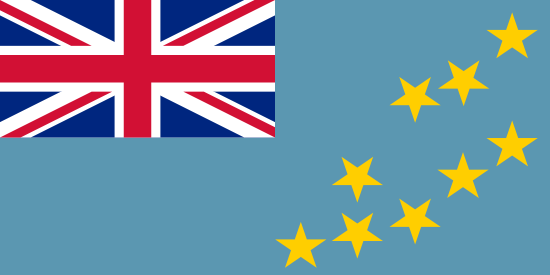
Health Insurance in Tuvalu, Oceania
Information expatriation
Capital City:Funafuti
Total area: 26 km2
Population: 11,000
Money: Currency Converter
Time Zone: List of time zones by country
Calling Code: +688 XXX
Practical Information:
Health Product: Travel Insurance and Health insurance
Health Insurance information and Sanitary Risk: World Health Map
BLOG: Expat Health insurance Information
Here is a brief description of the healthcare system in the country:
· Tuvalu has a public healthcare system intended to provide universal access to its population of around 10,000 people.
· It is part of the Department of Health within the government and primarily funded through the national budget.
· Care is delivered through localized facilities including the main hospital on Funafuti atoll and smaller clinics on outer islands.
· Primary care services and community health programs focus on maternal/child health, communicable diseases and basic care.
· Resources are limited due to small population size and remoteness of the atolls/islands.
· Specialized services and complex care needs are referred overseas usually to Fiji or New Zealand.
· Health issues tend to revolve around infectious diseases, non-communicable chronic conditions and limited access to safe water.
· Recruiting and retaining adequate healthcare workers is a constant challenge.
· Periodic medical assessments by partners organizations assess system needs and support improvements.
· While coverage goals are met, quality and resilience face difficulties inherent to small island developing states.
Here are some key health considerations for expatriates living in the country:
· Purchase comprehensive international medical evacuation insurance before arriving as domestic coverage is very limited.
· Ensure all routine vaccinations are up-to-date including hepatitis A/B, typhoid, influenza, and consider others like rabies depending on travel history.
· Mosquito-borne illnesses are present risks - use nets, repellent, and protective clothing to avoid dengue, Zika, etc.
· Only consume bottled or purified water and cook foods thoroughly as dysentery can be common.
· Medical facilities have minimal capabilities - be prepared to be medically evacuated for even minor issues.
· Bring adequate supplies of any prescription medications plus copies of valid prescriptions.
· Heat, humidity, and ocean environment present drowning/injury hazards - exercise safety precautions at all times.
· Isolation on a small, remote atoll can impact mental well-being - engage socially and use telecommunications.
· Register with NGO clinics upon arrival to help facilitate care coordination if issues arise.
· Consider insurance for medical evacuation from seaplane or boat if traveling between islands/countries.
